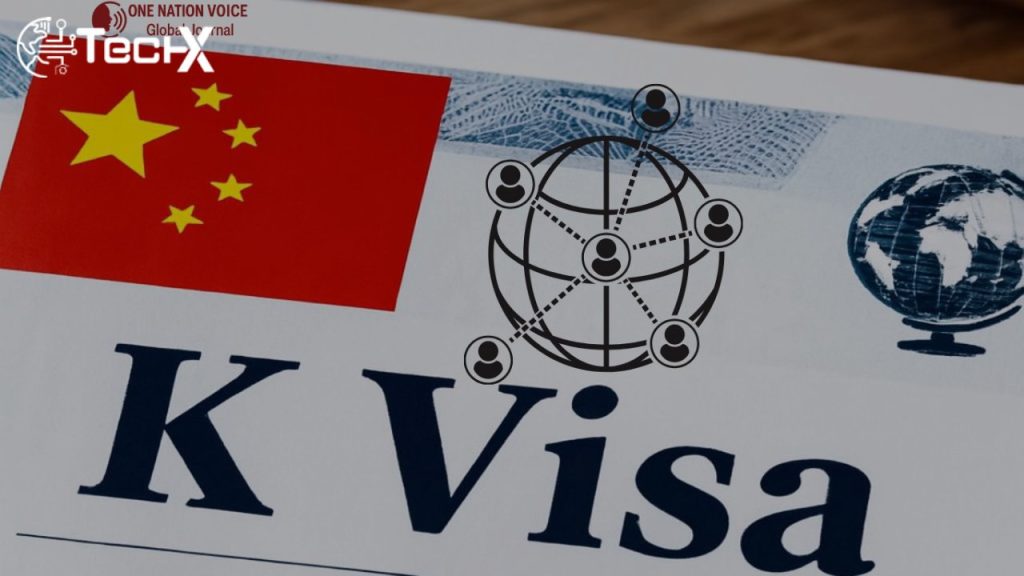China has introduced the K-visa, effective October 1, 2025, to welcome young foreign professionals in science and technology. This development comes through amendments to the entry and exit regulations. Officials describe it as a milestone for international collaboration, strengthening China’s ties with global researchers and innovators. By offering greater access, the K-visa encourages talented individuals to explore opportunities in education, research, and innovation.
Designed to Simplify the Process
The K-visa is meant to be more flexible than existing work visas. Unlike earlier requirements, applicants will no longer need an official invitation letter, which often caused delays and difficulties. Instead, this new system aims to make China more approachable for foreign professionals. By reducing paperwork and easing access, the K-visa promotes a smoother journey for international scientists, educators, and innovators interested in contributing to China’s progress.
Expanding Opportunities for Talents
According to the official announcement, foreign science and technology talents, particularly young professionals, can apply for the K-visa at Chinese embassies and consulates abroad. Once granted, the visa allows them to take part in education, scientific research, cultural and health exchanges, and many other science and technology-related activities. This broad permission makes it more appealing, as individuals can engage in multiple areas without restrictions linked to traditional work visa categories.
Details Awaited from Authorities
Although the visa has been announced, Chinese authorities have yet to release the full details regarding eligibility and required documents. Officials confirm that the guidelines will soon be available, providing clarity on who can apply and what qualifications are necessary. However, the intent of the policy remains clear: to attract capable professionals, expand the nation’s openness, and provide global innovators with a smoother entry point into China’s dynamic scientific environment.
Addressing Global Skill Gaps
Experts highlight that the introduction of the K-visa is part of Beijing’s larger plan to strengthen innovation and tackle skill shortages in fast-growing technology sectors. With nations worldwide competing for experts in artificial intelligence, biotechnology, and renewable energy, China is positioning itself as a more welcoming destination. At a time when several major economies are tightening visa policies, this forward-looking step sets China apart, making it more attractive for foreign STEM professionals.
A Positive Signal for Pakistanis
The new decree, signed by Premier Li Qiang, makes it clear that Pakistani students and professionals will also benefit from this initiative. Many in Pakistan view this as a golden chance to pursue research, innovation, and academic exchange in China. Given the deep bilateral ties between the two nations, the K-visa offers fresh opportunities for Pakistani talent to build stronger careers while supporting cooperation in technology and scientific discovery.
Awaiting Application Guidelines
Pakistani applicants in particular are waiting for Chinese embassies and consulates to release clear instructions. These guidelines will explain educational requirements, professional qualifications, and the fields considered eligible under the K-visa. Experts suggest that Pakistani candidates with backgrounds in STEM disciplines such as engineering, computer science, biotechnology, and renewable energy will stand the best chance. This prospect is especially encouraging for young graduates and researchers seeking international exposure and career growth.
A Forward-Thinking Reform
The launch of the K-visa symbolizes a major reform in China’s approach to global science and technology cooperation. It reflects a strategy built on openness, innovation, and inclusivity. By welcoming foreign professionals, especially young talents, China strengthens its role as a hub of knowledge exchange and discovery. The move is not only beneficial for individuals but also a step that enriches global scientific collaboration, opening fresh pathways for shared progress and development.
